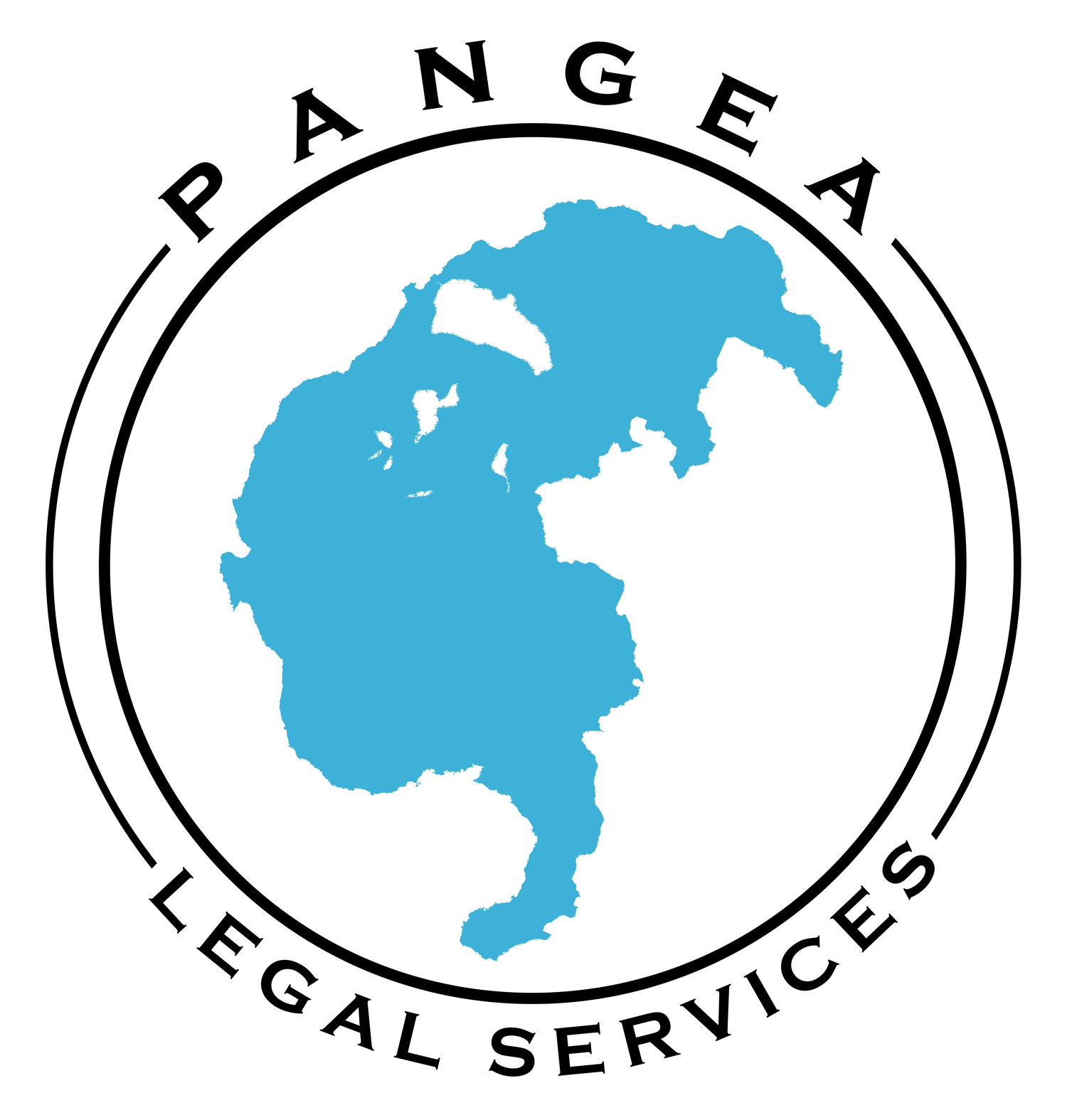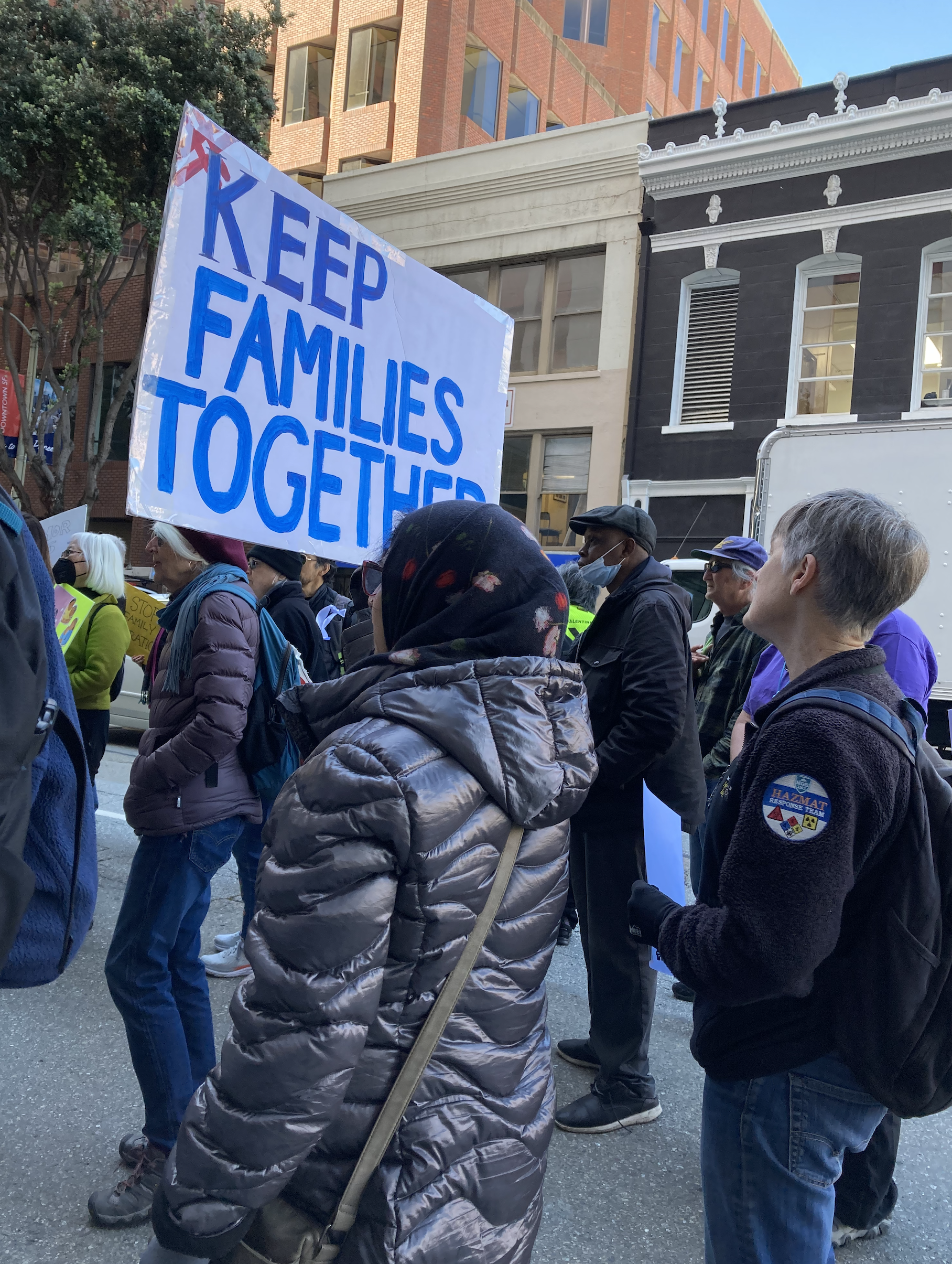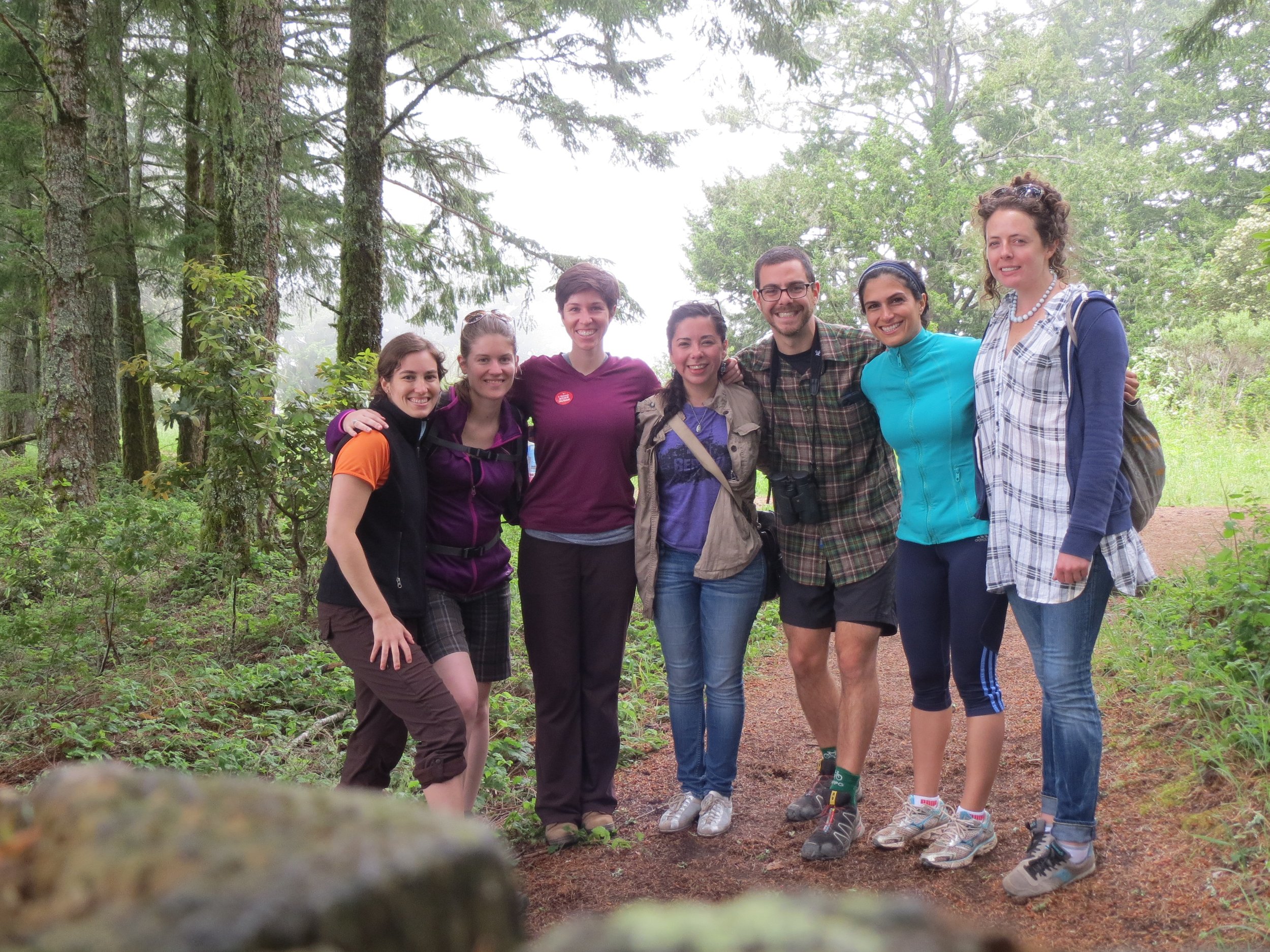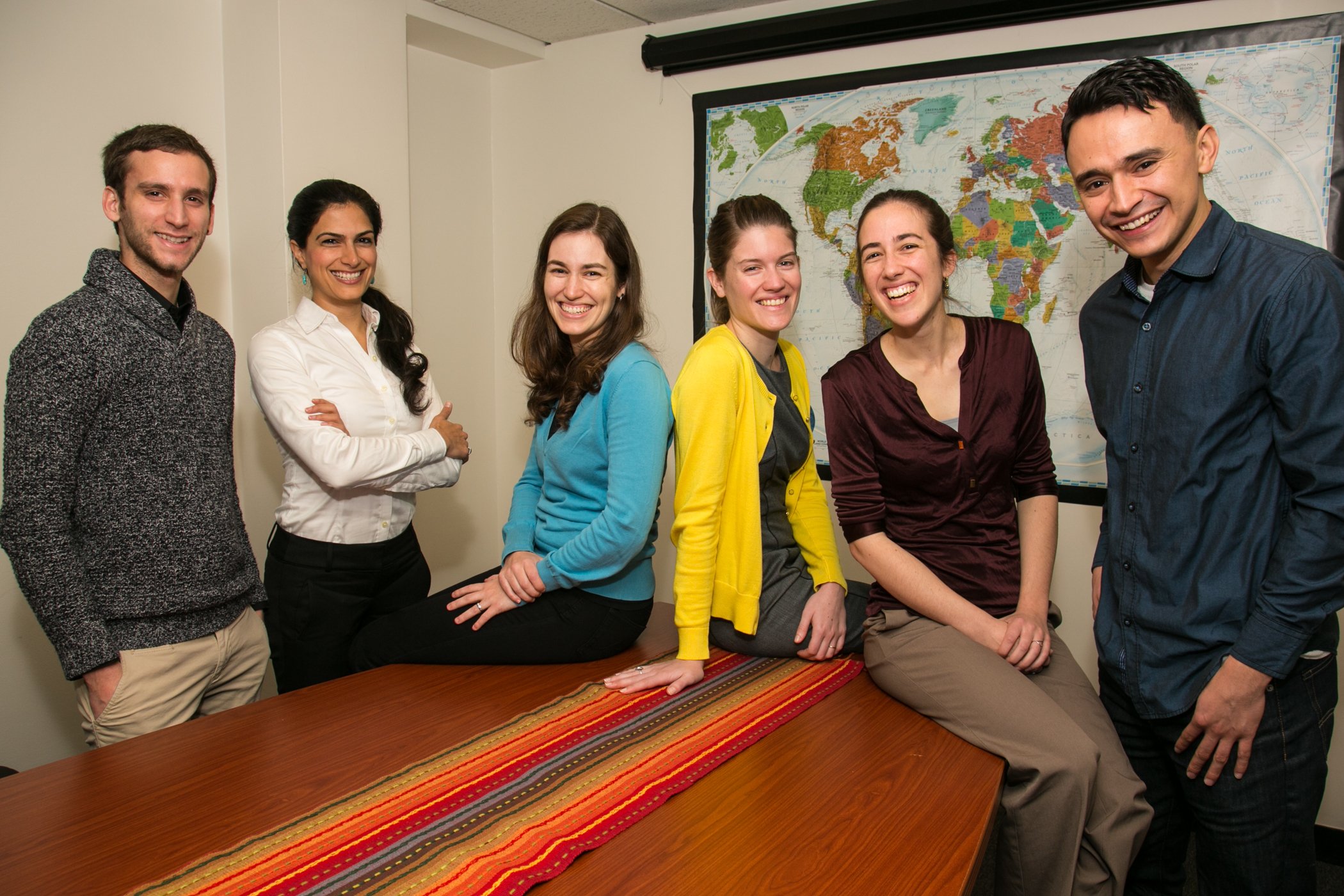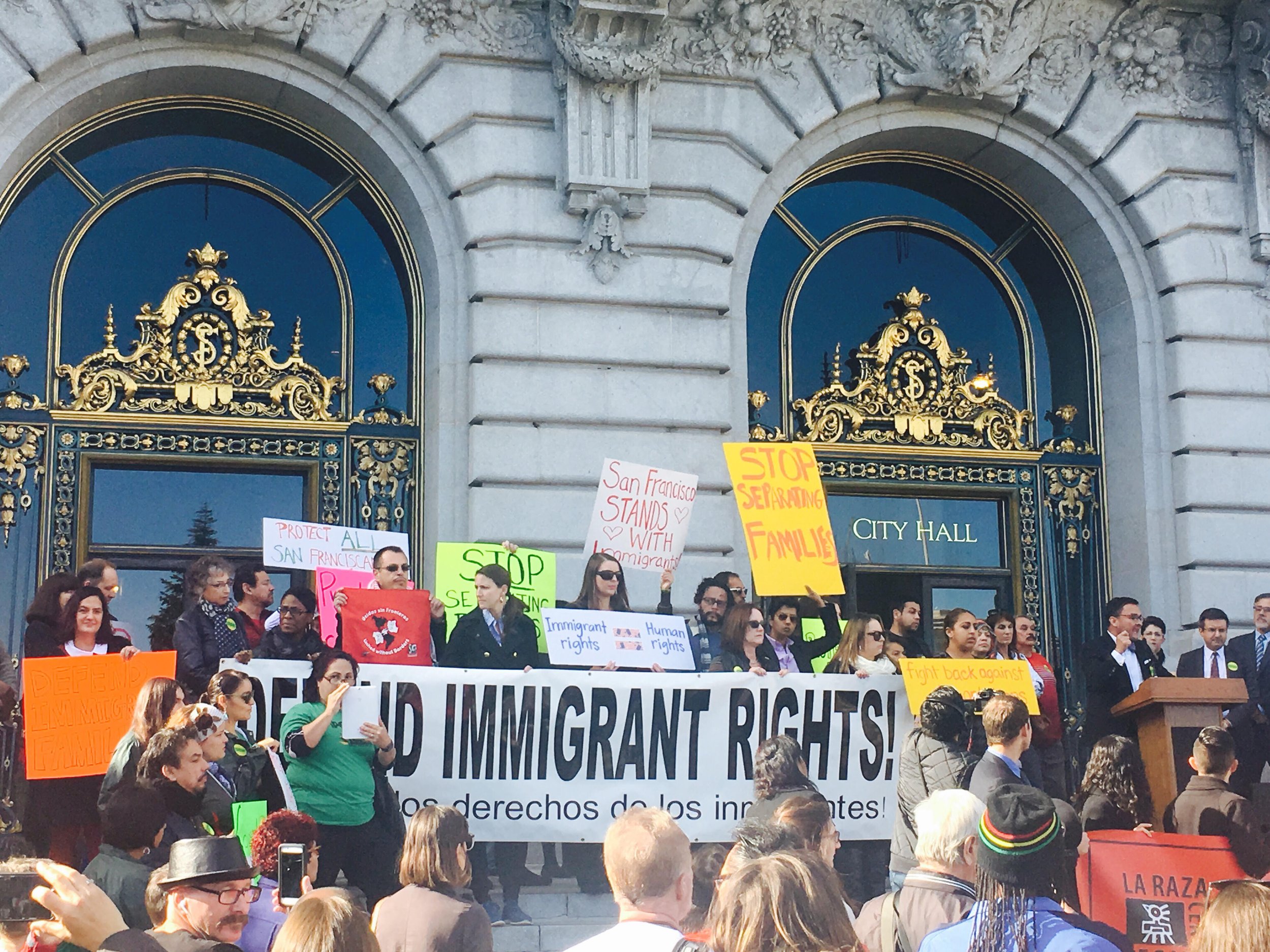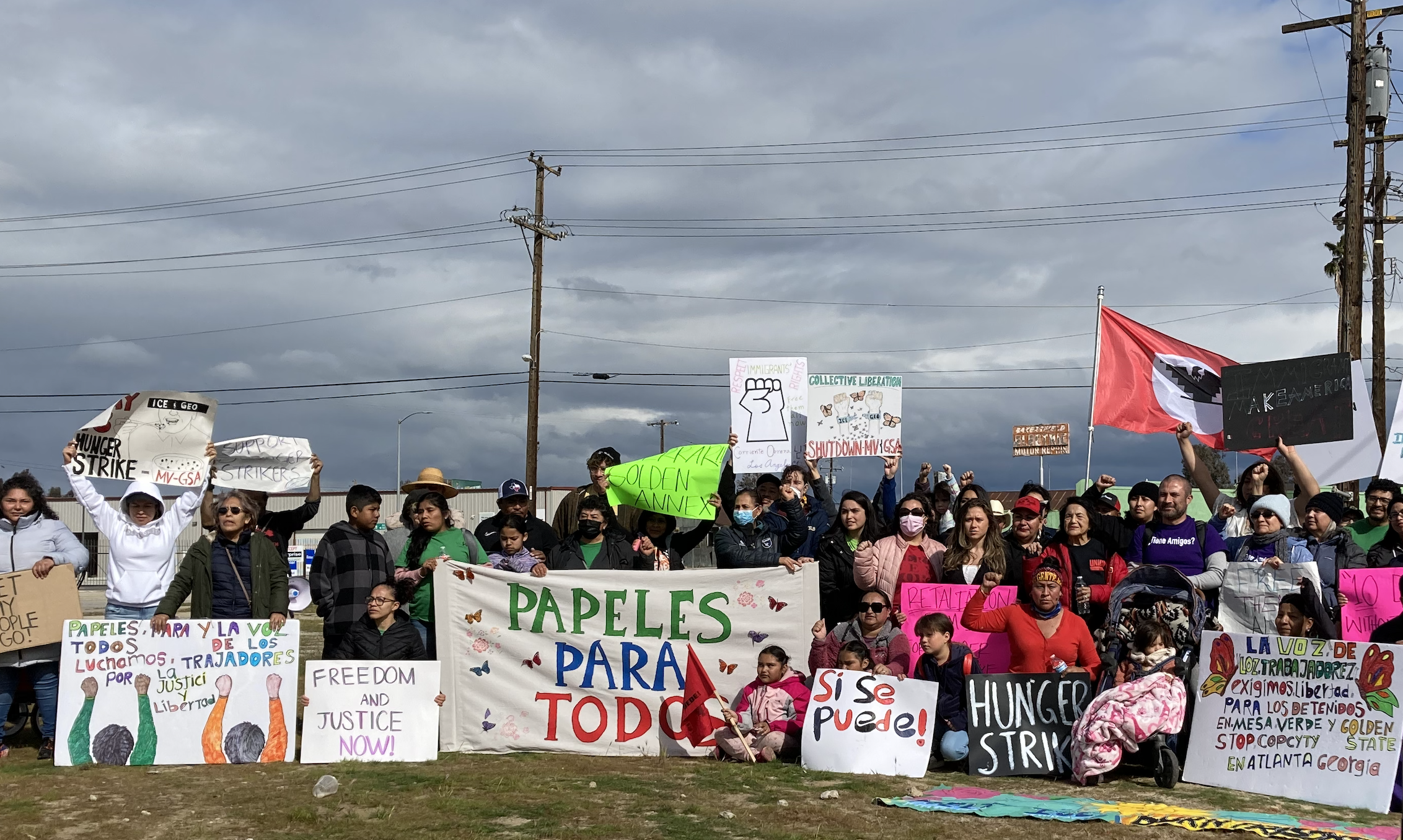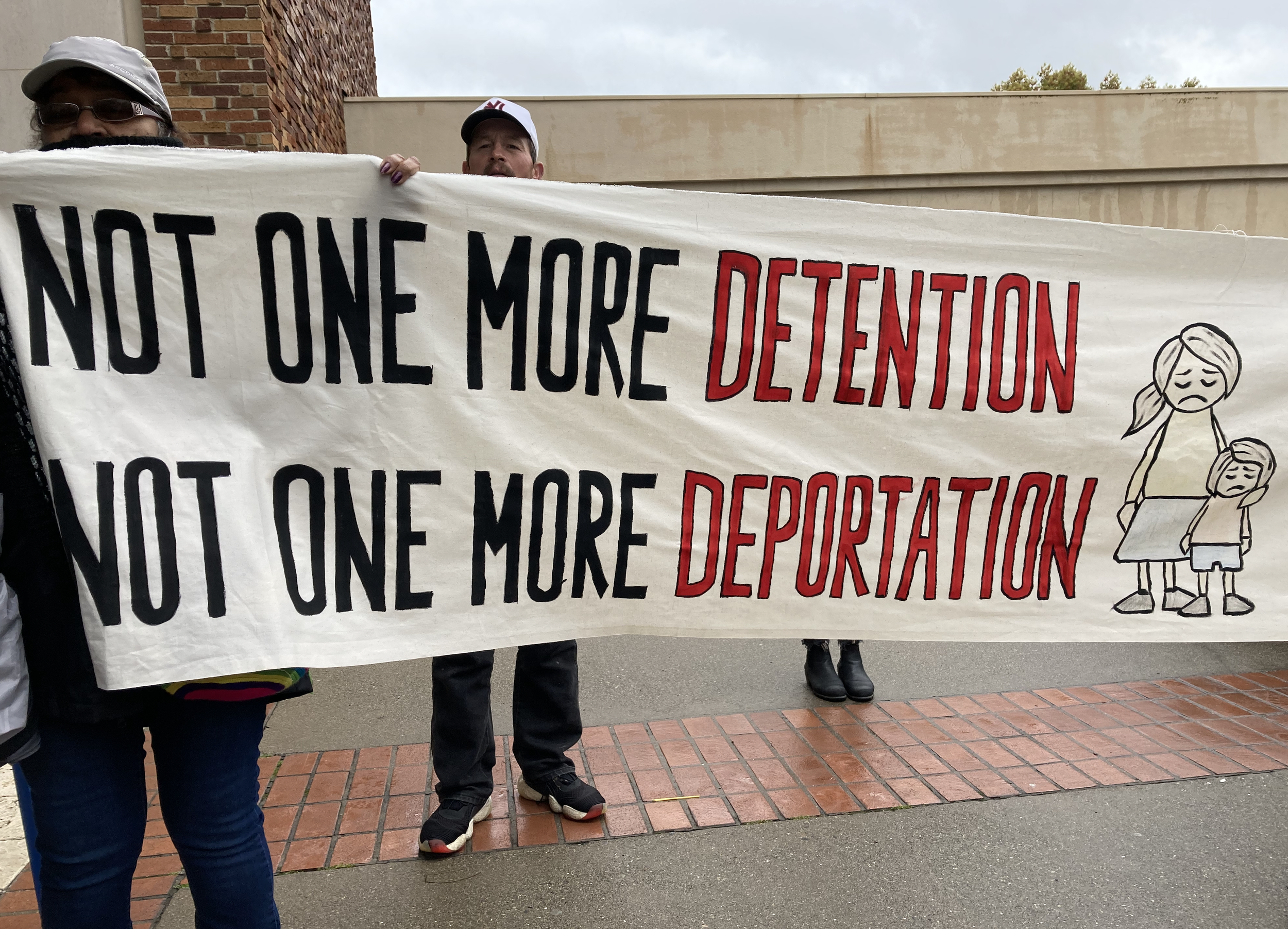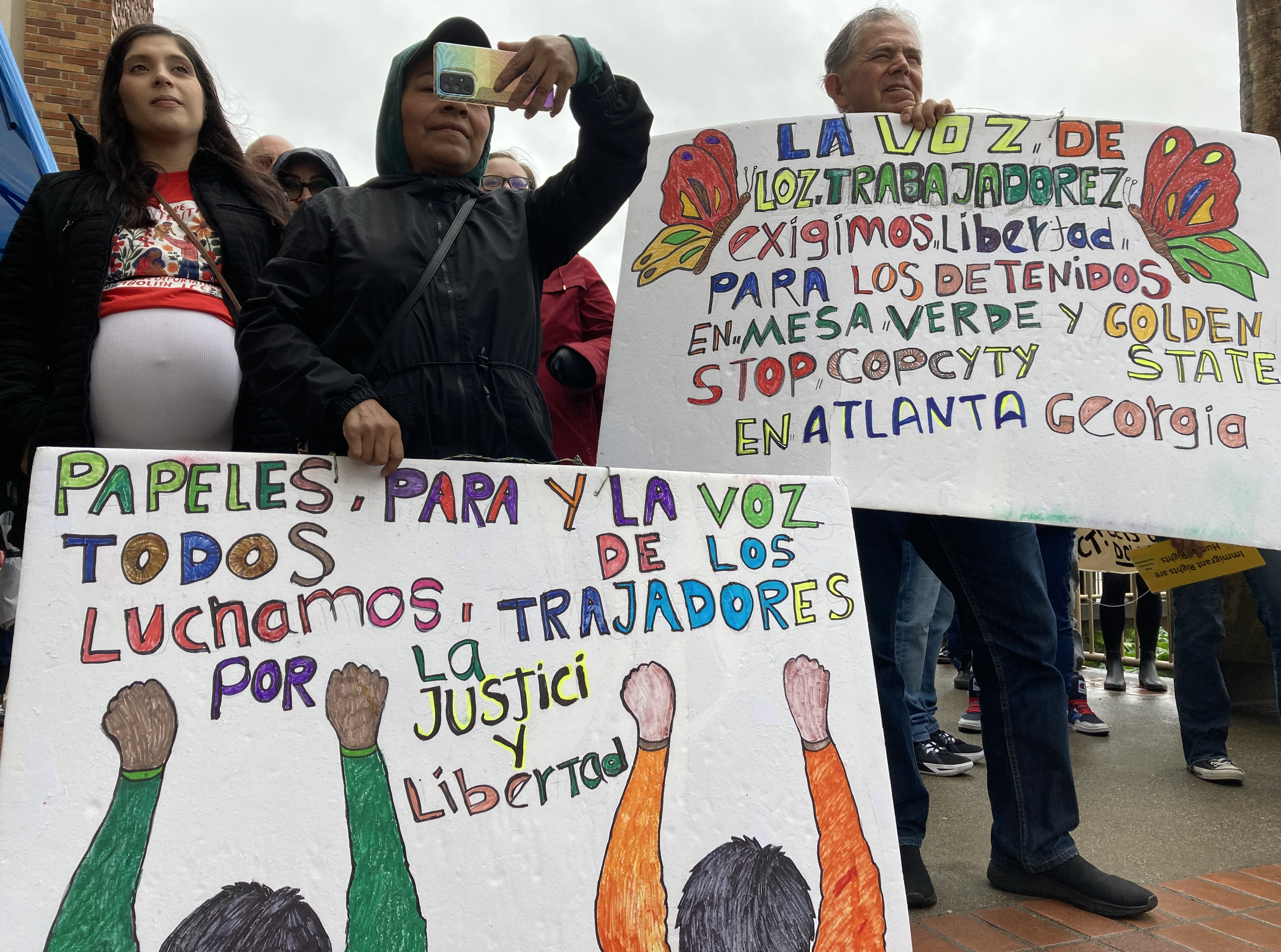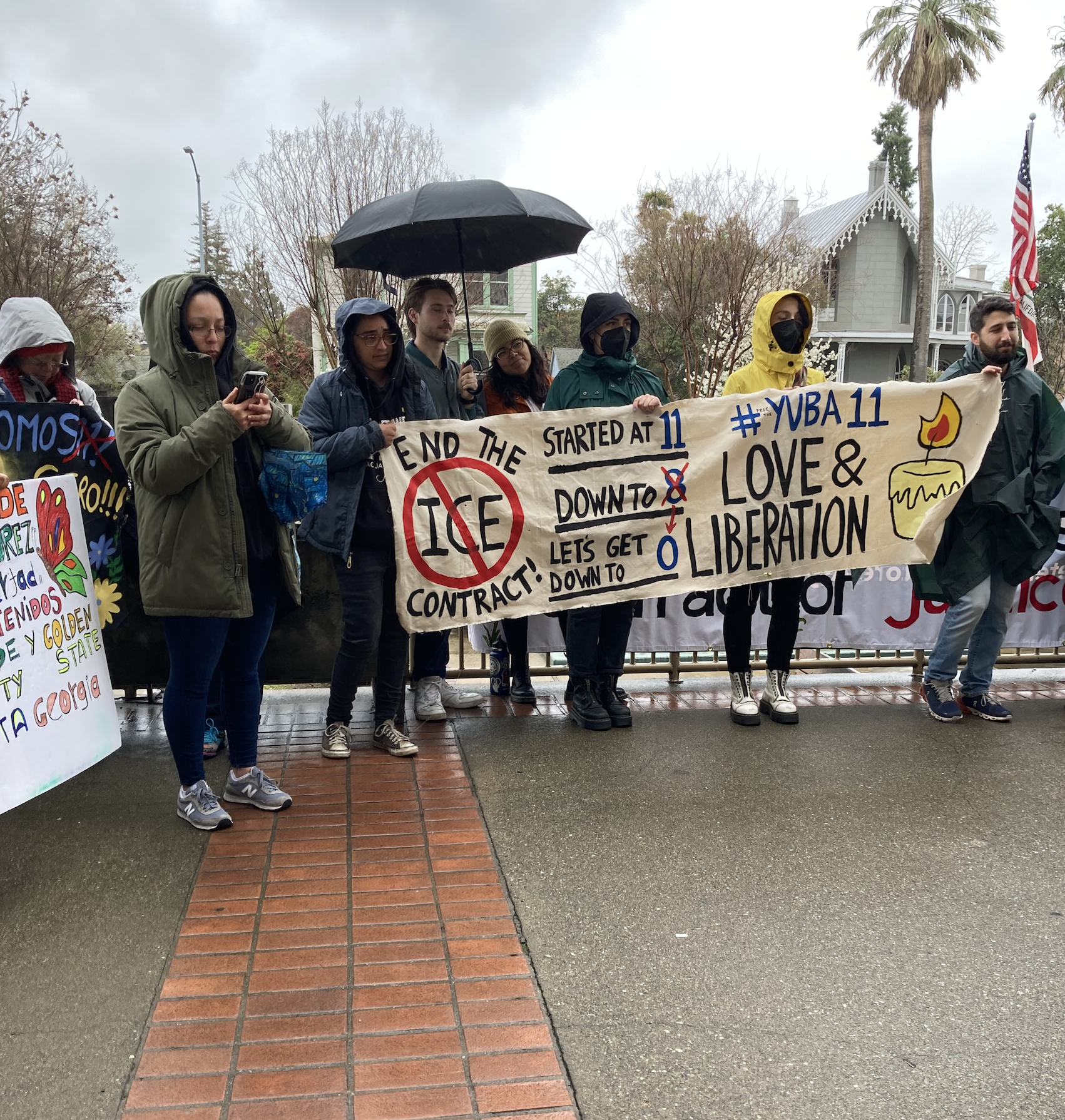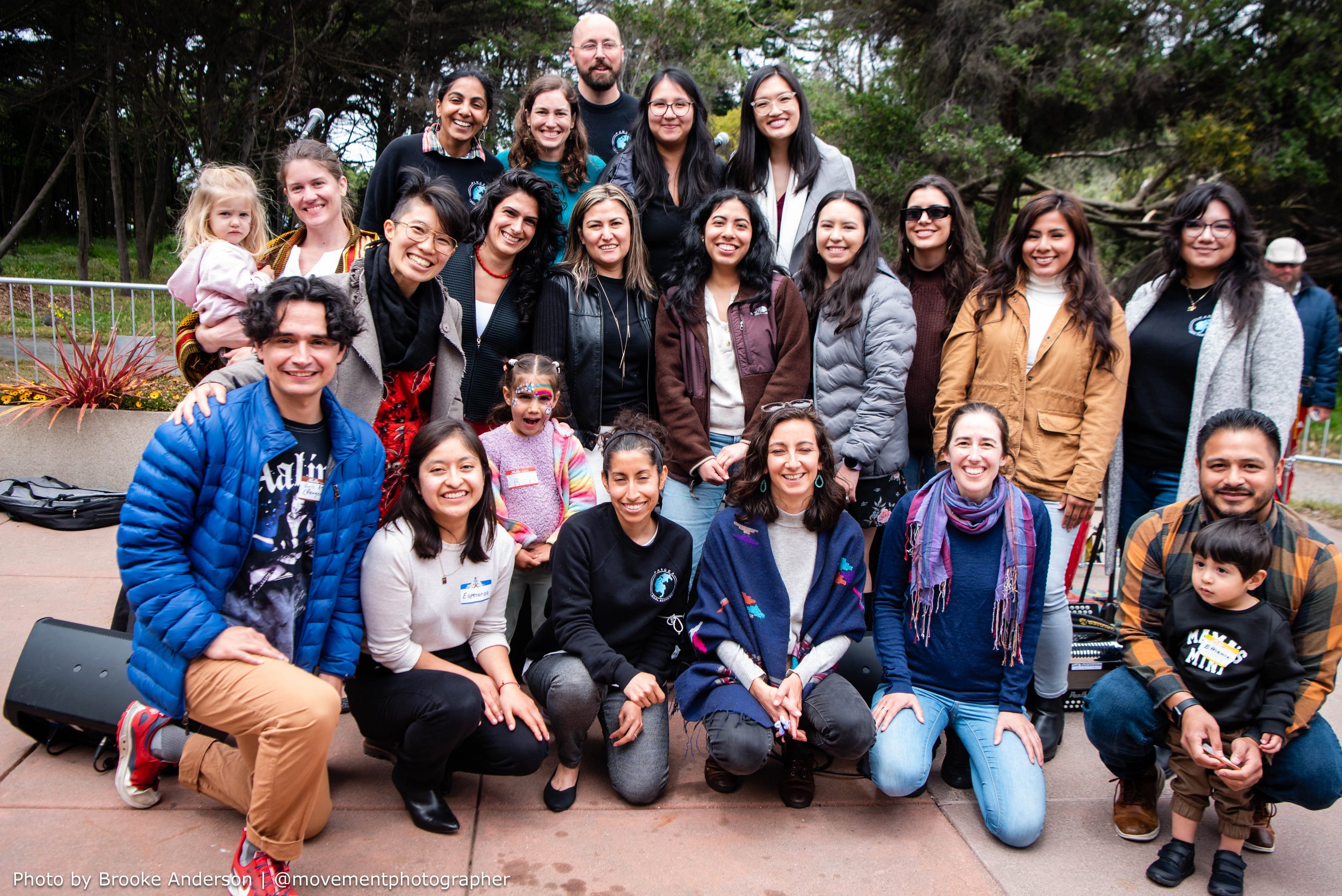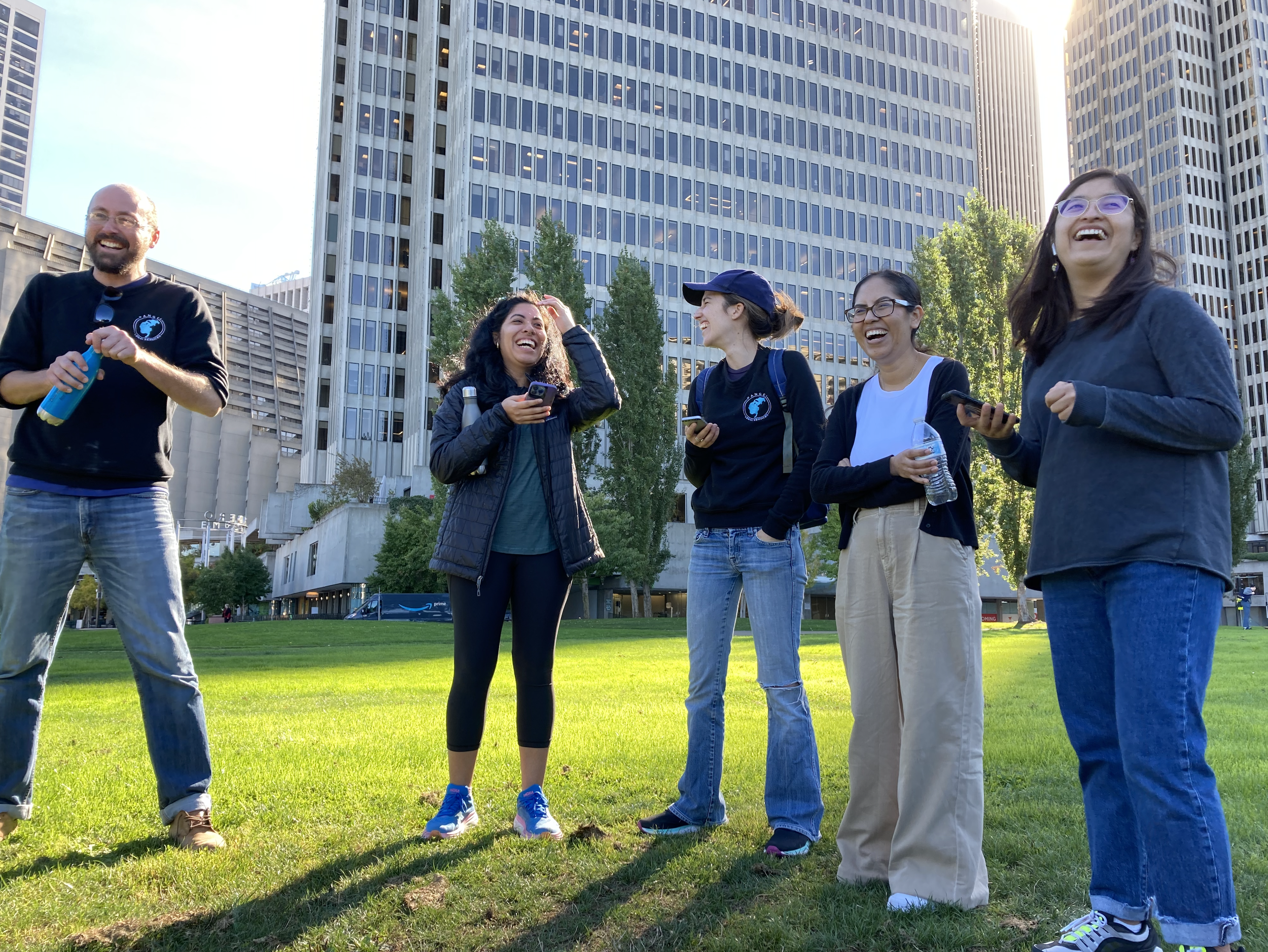A BRIEF HISTORY OF PANGEA
Pangea Legal Services was founded by Niloufar (Nilou) Khonsari and Marie Vincent in 2013 to challenge the detention and deportation of immigrant and undocumented communities and to meet their need for legal representation in both detained and non-detained immigration courts.
At the time, legal representation for deportation defense was limited. Most legal nonprofits offered services for citizenship petitions and adjustment of status to clients who were not detained. Yet, legal representation for removal proceedings was more necessary than ever. Immigrant communities had endured decades of a growing and cruel deportation machine in the form of laws that established new grounds for deportation in 1996; 287g programs that allowed state and local government officials to act as immigration enforcement agents; the creation of Immigration and Customs Enforcement (ICE) in 2003; and various anti-immigrant policies at every level of government. By 2012, federal immigration enforcement was an $18 billion operation and countless families had been ripped apart at unprecedented rates, leaving hundreds of thousands of children without a parent. Immigrant detainees who could not afford to pay thousand-dollar bonds, or who otherwise didn’t qualify for bond, were detained for the whole duration of their immigration legal processes - sometimes weeks, sometimes years - with no access to legal counsel.
As part of a growing movement for migrant justice, Pangea combined legal representation, community organizing, and policy advocacy to win immigrant justice in the courtroom, in the statehouse, and in the streets.
Pangea has been a worker-led organization from the beginning. Having witnessed the Argentinian cooperative movement as a student in Buenos Aires, Nilou set out to build an organization with shared leadership, where power and responsibility were distributed across staff and all work and perspectives were valued with equity. The Pangea staff collective has developed a high functioning, decentralized governance structure over the course of ten years. Instead of a single Executive Director, Pangea is governed by the staff of 21 Co-Directors organized into hubs, committees responsible for directing the growth and administration of the organization.
Pangea’s cutting-edge, free, immigration legal services set legal precedent at a nearly 100% success rate. Since 2013, we have reached over 50,000 community members to: create the first 24-7 hotline for immigrants at risk of deportation, and support the creation of over 40 hotlines across the country; close three detention centers; pass legislation prohibiting the state of California from operating private prisons, and three counties from collaborating with ICE; and trained asylum seekers to represent themselves in court, and win.
In recent years, we have shifted to a 4-Day-Workweek and instituted worker wellness policies to continue to embody our values inside and out. See our about page for a list of Pangea benefits that include covering USCIS fees, a health stipend for undocumented parents, Life Happens Policy for special accommodations, and more. These benefits were established as a direct result of shared leadership. Over the course of ten years, Pangea staff have designed a governance structure with channels for staff to voice needs and avenues to turn them into concrete policies that benefit the entire organization.
OUR NAME
Pangea was the name of the earth's original continent when it was one connected landmass. For us, "Pangea" symbolizes the unity and oneness of our global community.
REPRESENTING DETAINED AND NON-DETAINED IMMIGRANTS IN COURT
Pangea was created to help fill the great need for the representation of immigrants in both, detained and non-detained, immigration courts. With over 32,000* immigrants in deportation proceedings in the San Francisco Immigration Court, there is a great need for court and immigration defense services. Immigrants in removal proceedings need a lawyer because of the complexity of immigration law and the negative consequences of deportation. Also, many immigrants in the court process are eligible for relief or protection under existing laws, and they may have a pathway to citizenship.
Unfortunately, only a small percentage of immigrants have immediate access to legal counsel. Private immigration attorneys can be prohibitively expensive. And most nonprofits, even in San Francisco, do not represent clients in complex removal proceedings. The key to this gap is providing access to counsel.
BRIDGING AN ACCESS GAP AND CREATING A DUPLICABLE MODEL
Pangea is one example of an organization that was created to help bridge the access gap. While it hasn’t come without its challenges, Pangea created a low-fee model supported by grants that has doubled its size, budget and representation capacity every year in the last three years (2013-2016). Low bono, or affordable fee models similar to Pangea are growing around the country in various areas of law, creating a financially viable avenue to fill the justice gap.
Pangea launched in January 2013. The structure and foundation of our programs are based on other projects we have seen first hand in Sierra Leone, Turkey, Iran, Haiti, Argentina, Guatemala, and the United States. Bringing experiences and projects that have been successful around the world and locally, Pangea fills a unique need and aims to become a model that is sustainable and duplicable.
